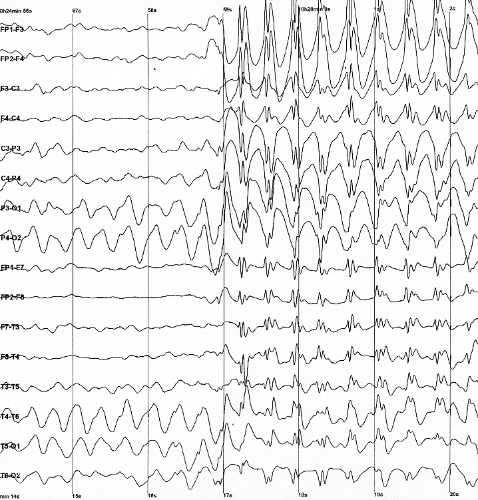Genes influence sleep/wake timing of seizures in people with epilepsy

New research from the Epilepsy Phenome/Genome Project shows that genetics plays a role in sleep/wake timing of seizures. Researchers studied 1,395 individuals with epilepsy in families containing multiple people with epilepsy to determine whether sleep/wake timing of seizures runs in families.
The study found that seizures in relatives were likely to occur at the same time in the sleep/wake cycle. For example, if one sibling with epilepsy in a family had seizures mostly during sleep, then the other sibling would also be more likely to have seizures during sleep. Individuals with seizures occurring while awake were more likely to have relatives with seizures occurring during wakefulness.
"Our study provides the first evidence for a genetic contribution to sleep/wake timing of seizures. These results improve our understanding of the biology of sleep and seizures and can lead to better care of families affected by epilepsy," said Columbia University's Dr. Melodie Winawer, lead author of the Epilepsia study.
More information: Melodie R. Winawer et al. Genetic effects on sleep/wake variation of seizures, Epilepsia (2016). DOI: 10.1111/epi.13330
















